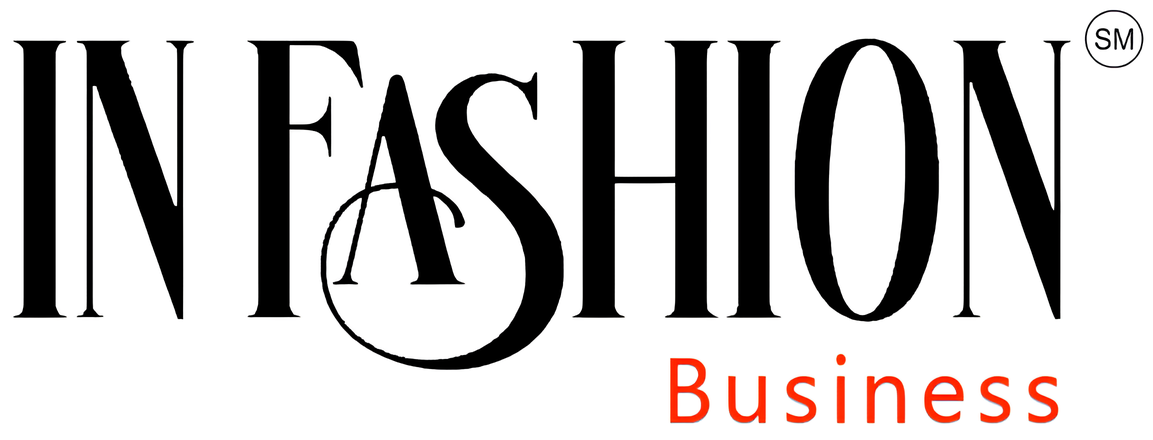TEXTILE TRADE NATIONAL
NEW DELHI, INDIA
By IFAB MEDIA - NEWS BUREAU - August 11, 2023 | 258 2 minutes read
Non-tariff barriers (NTBs) are gradually emerging as a potent tool to damage and even disrupt legitimate textiles trade, apparel export promotion council (AEPC) said on Thursday.
Apparel export promotion council (AEPC) has said that non-tariff barriers (NTBs) are gradually emerging as a potent tool to damage and even disrupt legitimate textiles trade. It said as many as 131 NTB notifications are issued related to the textile sector since 2019 with Uganda at the top position with 71 notifications. It was followed by Ecuador (10), China (8), Taiwan (7), Israel (5), USA (4), and Peru (3).
AEPC has stated that these barriers include certifications, inspections, regulations, standards, SPS (sanitary and phyto-sanitary - related with plants and animals) measures, and technical barriers to trade (TBT). These measures are by and large in conformity with the rules of the World Trade Organisation (WTO). But when these measures are used unfairly, in violation of WTO agreements to discriminate against imports and restrict market access, then they become non-tariff barriers hampering legitimate trade. The council has organized a webinar on emerging non-tariff barriers in the apparel export sector with an aim to sensitize the industry about the issue.
Mithileshwar Thakur, Secretary General, AEPC, has said NTBs have slowly but surely emerged as a potent tool to damage and even disrupt legitimate trade. He noted that of late, innovative ways were being explored by developed economies like the European Union to restrict imports from developing countries. He also said legislations like CBAM (Carbon Border Adjustment Mechanism) and EUDR (EU Deforestation Legislation) are violative of WTO agreements and bound to make Indian exports to the EU less competitive. He added that ways and means need to be explored to handle the challenges arising out of these legislations.









